
Gateway, Inc., previously Gateway 2000, Inc., was an American computer company originally based in Iowa and South Dakota. Founded by Ted Waitt and Mike Hammond in 1985, the company developed, manufactured, supported, and marketed a wide range of personal computers, computer monitors, servers, and computer accessories. At its peak in the year 2000, the company employed nearly 25,000 worldwide. Following a seven-year-long slump, punctuated by the acquisition of rival computer manufacturer eMachines in 2004 and massive consolidation of the company's various divisions in an attempt to curb losses and regain market share, Gateway was acquired by Taiwanese hardware and electronics corporation Acer, in October 2007 for US$710 million.

Swedish Match AB is a Swedish multinational tobacco company headquartered in Stockholm. The company manufactures snus, nicotine pouches, moist snuff, tobacco- and nicotine-free pouch products, chewing tobacco, chew bags, tobacco bits, cigars, matches, and lighters, with operations in Sweden, Denmark, the United States, the Dominican Republic, Brazil, the Netherlands, and the Philippines. The company's origins can be traced back to 1868, and Ivar Kreuger. Swedish Match has played an important part in Sweden's industrial development.
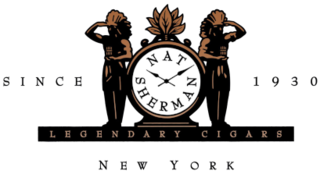
Nat Sherman is the brand name for a line of handmade cigars and "luxury cigarettes". The company, which began as a retail tobacconist, continued to operate a flagship retail shop, known as the "Nat Sherman Townhouse", located on 42nd Street, off Fifth Avenue, in New York City from 1930 to 2020. Corporate offices are now located at the foot of the George Washington Bridge in Fort Lee, New Jersey.

Newell Brands is an American manufacturer, marketer and distributor of consumer and commercial products. The company's brands and products include Rubbermaid storage and trash containers; home organization and reusable container products; Contigo and Bubba water bottles; Coleman outdoor products; writing instruments glue ; children's products ; cookware and small appliances and fragrance products.
The Journeymen Cigar Makers' International Union of America (CMIU) was a labor union established in 1864 that represented workers in the cigar industry. The CMIU was part of the American Federation of Labor from 1887 until its merger in 1974.
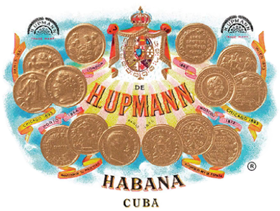
H. Upmann is a Cuban brand of premium cigars established by banker Hermann Dietrich Upmann. The brand is currently owned by a British corporation, Imperial Brands. The cigars are manufactured by Habanos S.A., the state-owned tobacco company in Cuba, and Altadis in La Romana, Dominican Republic.

Don José "Pepin" Garcia is the CEO of El Rey de los Habanos, Inc, a cigar company in Miami, also known as My Father Cigars. He is a noted cigar maker living in Miami, Florida. Born in Cuba, he is a master cigar roller and blender, and the creator and maker of numerous popular cigar brands.
Swisher is an international tobacco company.

Godfrey Phillips India Ltd. (GPI) is a tobacco manufacturer headquartered in India. The firm was originally established in London in 1844. GPI was one of the first UK companies to mass-produce cigarettes, apart from being one of the founding companies of Imperial Tobacco along with John Player & Sons.

Piloto Cigars Inc. is a privately held company that produces the Padrón cigar brand from Nicaragua. Commonly known as Padrón Cigars, the company was founded September 8, 1964 in Miami, Florida by Cuban-native José Orlando Padrón. In 1970, Padrón moved the company to Estelí, Nicaragua.
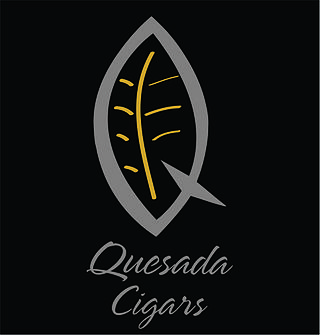
Quesada Cigars, formally known as MATASA, is a family-owned factory based in the Dominican Republic that specializes in the manufacture of premium cigars. It is best known brand is the Quesada, Casa Magna, Heisenberg & Fonseca line of cigars. Its current president and owner is Manuel "Manolo" Quesada, Jr.
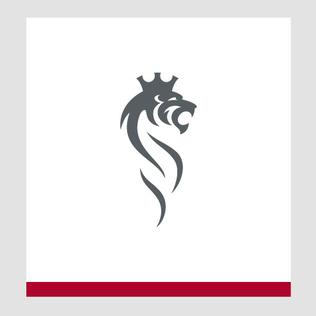
Scandinavian Tobacco Group is a manufacturer of cigars and traditional pipe tobacco. The city company is headquartered in Copenhagen, Denmark, and is a publicly listed Company on NASDAQ Copenhagen.

Frank Anthony Llaneza was a tobacco blender and former executive of Villazon & Co. who is regarded as a pioneer in the resurgence of the premium cigar industry at the end of the 20th Century. Llaneza is best known for the creation and manufacture of a number of popular cigar brands in the years after the 1962 Cuban Embargo, including Hoyo de Monterrey, Punch, Bolivar, and Siglo.
The Tampa cigar makers' strike of 1931 took place in Ybor City, Tampa, Florida in the months of November and December. Some strikers were jailed, "Lectors" were banned and there was a lockout. Following legal intervention, some workers returned to work at previous wage levels but others were not re-employed. Lectors had by tradition been elected by the workers and, as well as reading aloud newspaper articles, often from left-wing radical publications, they recited and acted more generally, including from classic works – effectively they provided a form of education for illiterate workers. The most significant effect of the strike in the longer term was that the lector culture was brought to an end.
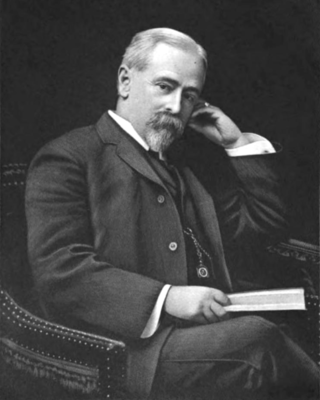
Charles Henry Bond (1846–1908) was an American businessman who was president and general manager of Waitt & Bond, one of Boston's largest real estate holders, and a patron of the arts.
Henry Waitt was an American businessman who co-founded Waitt & Bond with Charles Henry Bond.
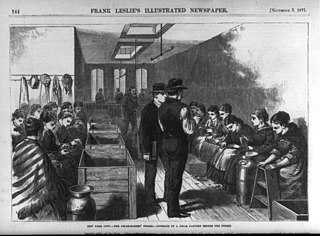
The cigar makers' strike of New York lasted from mid-October 1877 until mid-February 1878. Ten thousand workers walked out at the height of the strike, demanding better wages, shorter hours and better working conditions, especially in the tenement manufacturing locations. The strike was supported by the Cigar Makers International Union of America, local chapter 144.
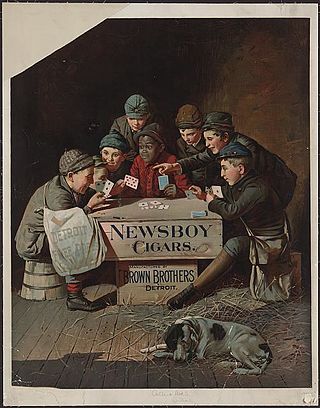
Brown Brothers Tobacco Company was located at 119 State Street in Detroit. The building was built for brothers, Robert Hamilton Brown and John Brown who founded a cigar manufacturing business which was, at one time, the largest cigar factory under one roof in the world. Brown Brothers were known for the following cigar brands: Newsboys, Cremo, Fontella, Carmencita, Evangeline and Detroit Free Press.

ITG Brands, LLC is the third-largest American tobacco manufacturing company in the United States. It is a subsidiary of British multinational Imperial Brands. ITG Brands markets and sells multiple cigarette and cigar brands and sells blu eCigs. The company was created in 2015 and has its production, headquarters, and regulatory compliance facilities located in Greensboro, North Carolina.
On July 7, 1919, roughly 2,100 of Boston's 2,400 cigar makers walked off the job in protest of their employer's failure to meet their demand of a 13 7/11% raise. Three of Boston's largest cigar manufacturers chose to leave the city rather than meet the union's demands and a number of union members formed a cigar-making co-operative. By August 30, 1919, all of the remaining manufacturers had reached agreements with the union.















